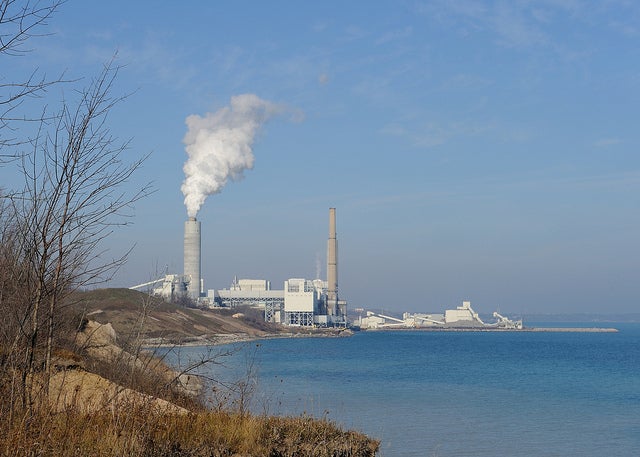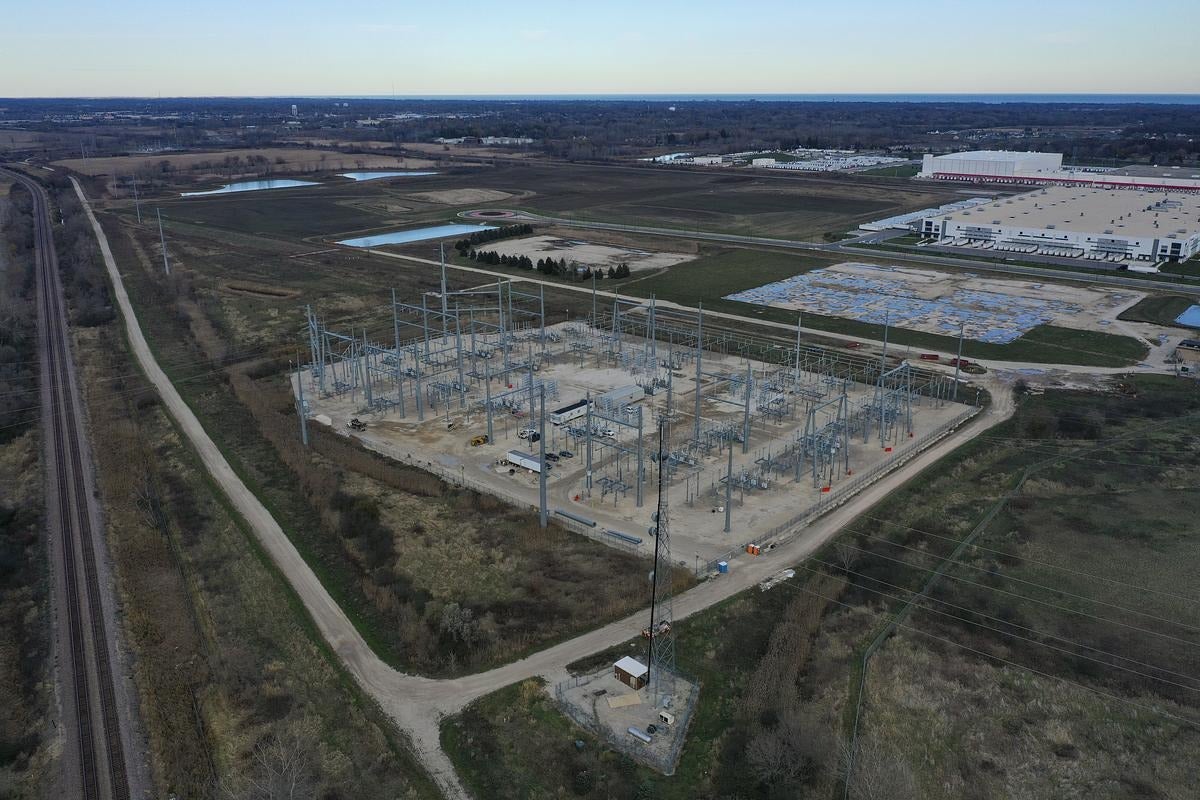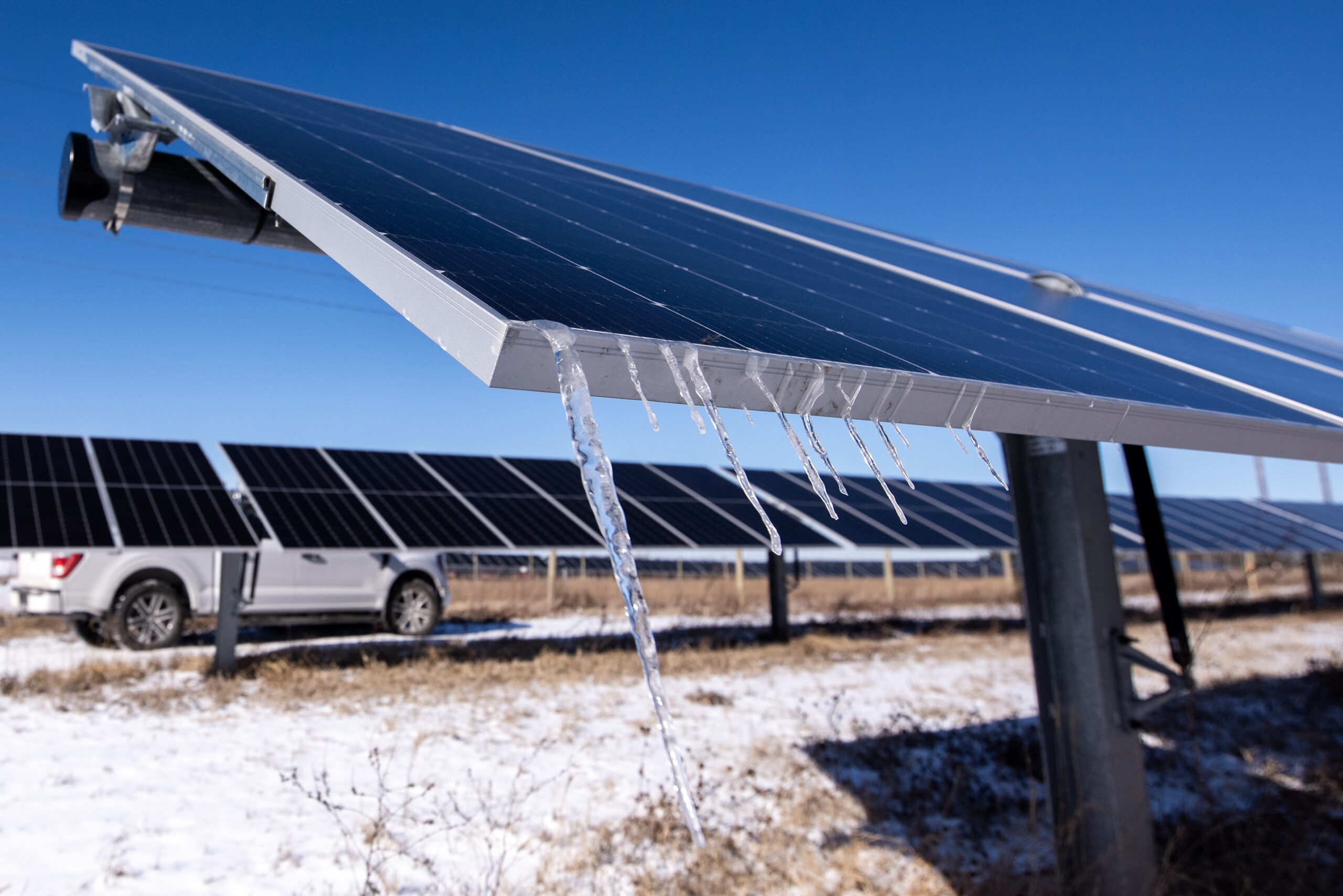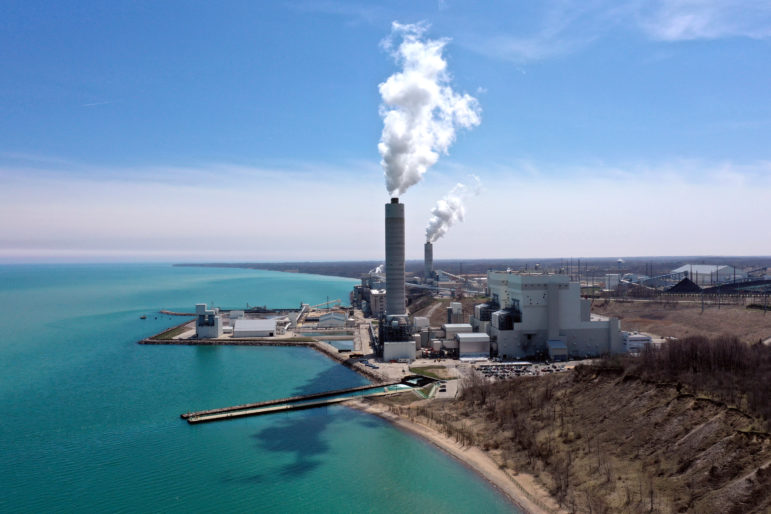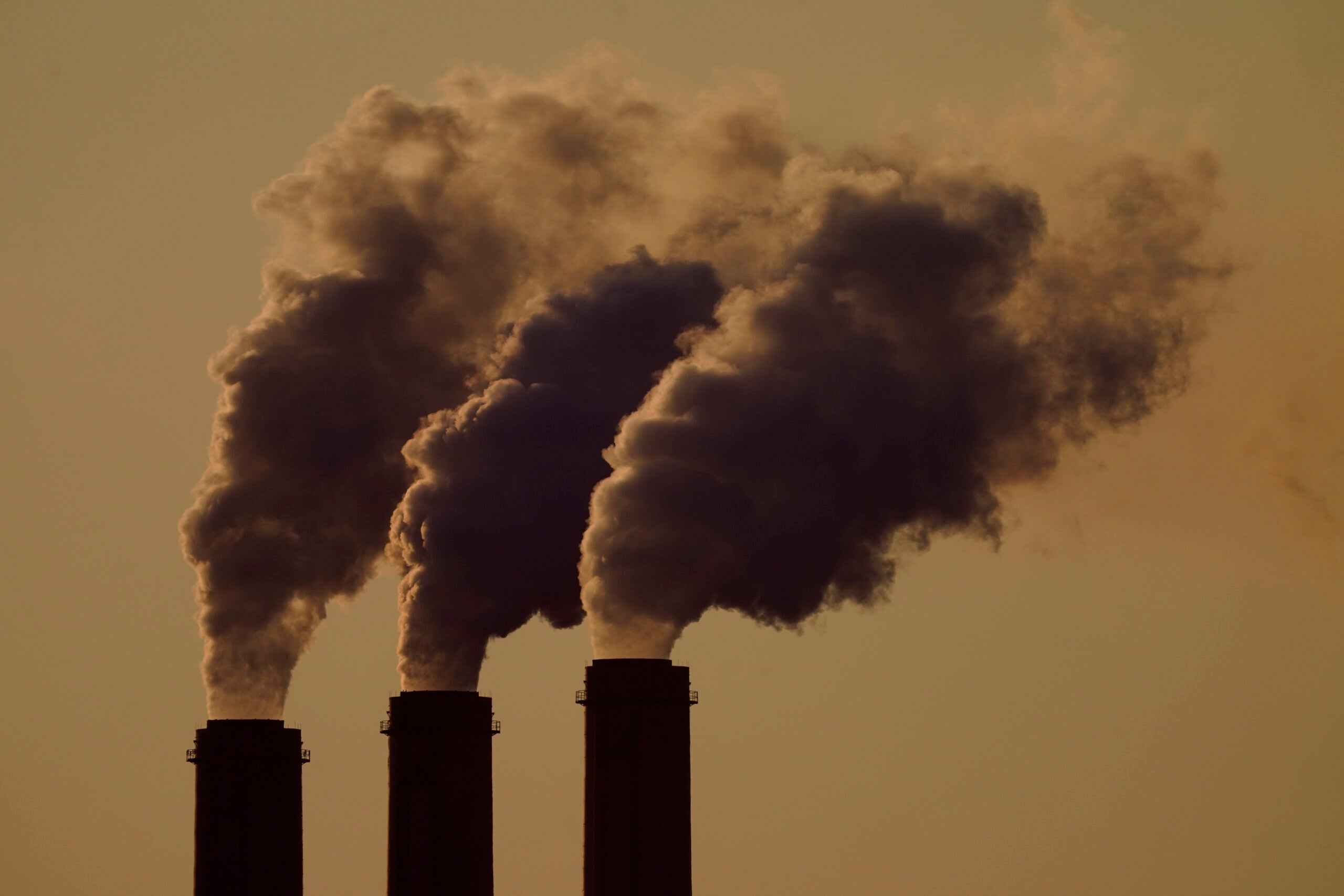Milwaukee-based utility We Energies has left the Utility Air Regulatory Group, joining 10 other utilities that have departed the powerful Washington, D.C. lobbying organization.
We Energies spokesman Brendan Conway said the utility made the decision “late last week or early this week” to end its membership with UARG. Membership is no longer needed because of the utility’s generation reshaping program, Conway said.
“We’ve retired three coal plants — about 2,000 megawatts used — so, since this is mostly focused around those issues around coal plants, it just didn’t seem to be necessary,” Conway said.
News with a little more humanity
WPR’s “Wisconsin Today” newsletter keeps you connected to the state you love without feeling overwhelmed. No paywall. No agenda. No corporate filter.
Last year, We Energies closed coal-fired power plants in Pleasant Prairie, Green Bay and in Michigan’s Upper Peninsula. The utility still operates a coal-fired plant in Oak Creek.
WE Energies has been a member of UARG since the 1980s. UARG often represents electric utilities in lawsuits against the Environmental Protection Agency.
WE Energies spent $262,594 in 2017 on membership to the organization, according to confidential documents obtained by Politico. Funding for UARG is paid for by shareholders, not part of customer rates, Conway said.
On April 11, the U.S. House Energy and Commerce Committee began investigating the relationship between UARG, EPA officials and power companies.
We Energies is not named in the investigation.
The House committee has also raised concerns about whether ratepayers were paying for this advocacy. Thomas Content, executive director of the Citizens’ Utility Board, doesn’t believe that has been the case in Wisconsin.
“The Public Service Commission of Wisconsin wouldn’t allow lobbying dollars to be included in customers’ bills,” Content said.
Content believes big utilities are distancing themselves from UARG because the relationship has become a public relations problem.
“Clearly this group helped the big utilities that were coal-reliant defend against greenhouse gas regulations,” Content said. “Now utilities, including We Energies, are talking on their own about reducing greenhouse gasses.”
We Energies has committed to lowering its emissions 40 percent by 2030 and is on track to do so by 2023, Conway said.
“How we can get there is the addition of solar,” Conway said. “Big picture, this is how we, and utilities across the country are reshaping how we are providing energy.”
Wisconsin Public Radio, © Copyright 2026, Board of Regents of the University of Wisconsin System and Wisconsin Educational Communications Board.
